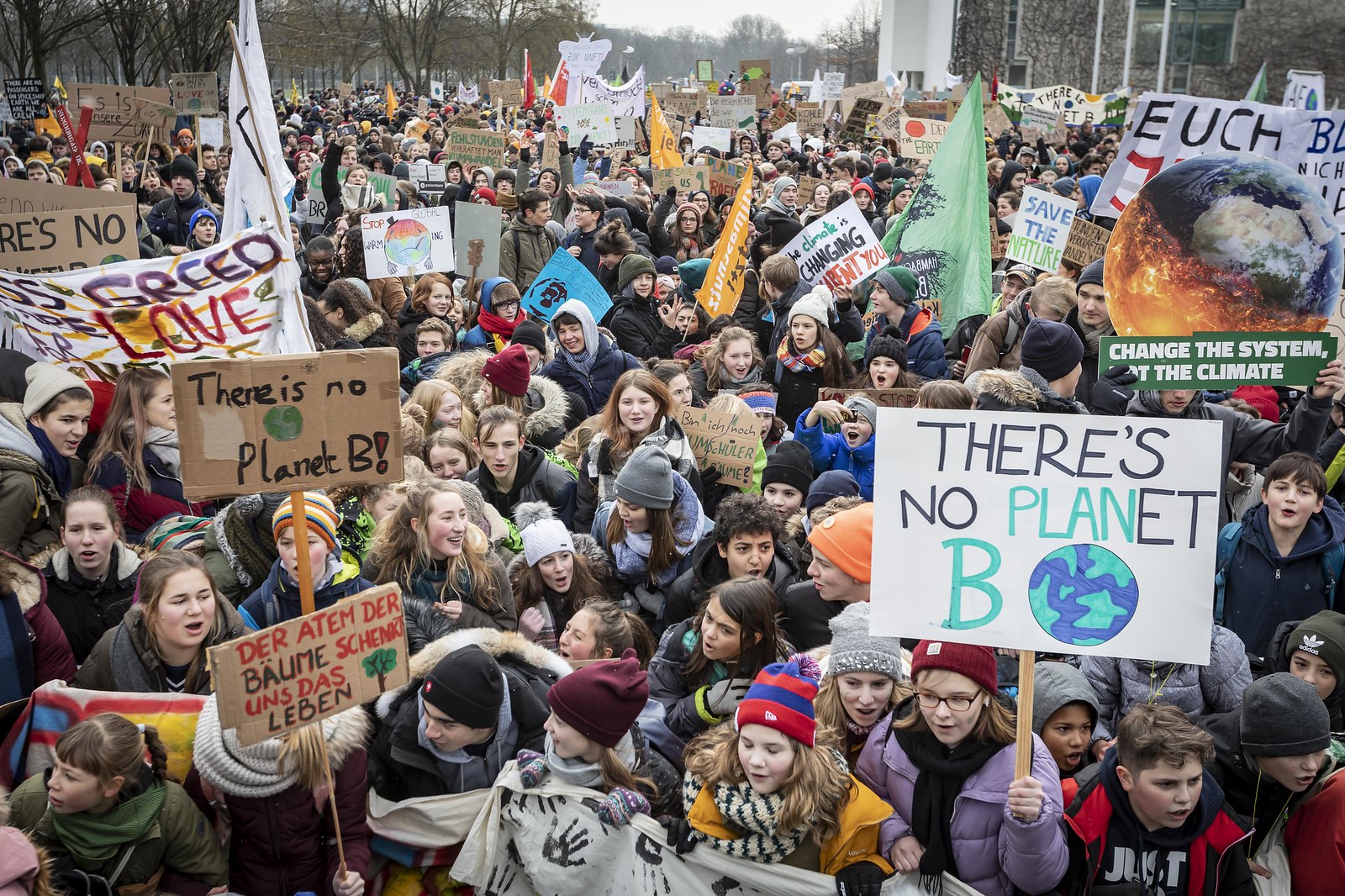How are young people writing about the climate crisis?
Posted on 13 May 2022 Categories: Blog, Climate crisis, Young people
by Jordan Dilworth

The Orwell Youth Prize, which is run by The Orwell Foundation, uses the writing of George Orwell as a starting point to inspire young people to write about their own ideas and experiences, and critically engage with the world around them. Over the last two years, the number of young people entering The Orwell Youth Prize has significantly increased, providing a unique sociological vantage point into how young people are writing about political and social issues. The Orwell Foundation has conducted research into how entrants to The Orwell Youth Prize were writing about their chosen topics.
Focusing on entries that addressed climate change, The Orwell Foundation analysed a select sub-set of entries to answer the following questions:
- How did young people engage with the evidence for climate change?
- Is there a relationship between feeling that we need ‘urgent’ action and a sense of pessimism?
- Who do young people think is responsible for the climate crisis?
- What types of solutions do young people offer to solve the climate crisis?
- Do young people identify a relationship between poverty (or social inequality) and the climate crisis?
- What is the role of education in tackling climate change?
- Do young people care about the environment because of its impact on animals, humans, or both?
You can read the full report for more information on the methodology and findings. In summary, young people cited scientific evidence for climate change to communicate the urgency of addressing the climate crisis. Although the entries revealed that young people were divided on whether certain people or organisations are more responsible for causing climate change than others or whether we are all equally responsible for causing climate change, they were all unified in their belief that all of us are responsible for tackling climate change.
The entries did suggest that the reason why people ignore the scientific evidence for climate change and the subsequent need to act urgently is a ‘wilful ignorance’. When accounting for this intentional ignorance or lack of care, the entries suggested that this widespread response is due to people having character flaws, such as ‘greed’ and ‘self-centred mindsets’. However, almost all of the entries presented these characteristics as immutable facts about people and did not elaborate on why people might possess them.
The solutions that were offered by young people primarily revolved around consumer solutions and making changes in consumption patterns. Although a few entries did suggest the need for government action and broader political changes, these entries did not suggest ways that young people could take political action at a local level or put pressure on government to make these changes. Some of the entries did outline a relationship between climate change and social inequality, including poverty, economic inequality, and racial inequality. While these entries were well researched, they lacked political solutions to these issues and did not indicate how young people could exercise their agency to deal with these interlocking issues.
The main takeaway from the analysis is the lack of political literacy exhibited by the entrants, especially at a local level, when it comes to offering solutions to climate change. The Orwell Youth Prize seeks to address this lack of political literacy by creating more resources around how to engage local government and local businesses, and put pressure on national government, and by encouraging more entries to consider how to exercise their agency through political means.
You can read the full report here.
Posted on 13 May 2022 Categories: Blog, Climate crisis, Young people
